Boosting activities in Malmö partner meeting
Close to thirty ChemSAR partners joined in a meeting in Malmö at the end of January to discuss and plan the project activities further. The meeting and the held work package workshops were fruitful: the outcome was more refin
ed contents and roles for the implementation of the tasks, and a clear schedule for period III activities and workshops.
The meeting in Malmö was the third joint partner meeting during the implementation of project activities and it was hosted by the Swedish Coast Guard. In addition to this kind of gatherings, project has arranged numerous smaller meetings under different work packages to ensure exchange of ideas and smooth implementation of tasks.
In Malmö, the partners decided to split into smaller groups to ponder the best solutions for different themes of the project work. All four work packages held their own workshops to ensure more profound discussion. This working method turned out to be effective as all the groups were able to define how to proceed, which partner would be in charge of the soon starting activities (period III, March onwards), and which road to take to better achieve the project targets.
WP2
The findings of the first version of the WP2 survey report “Preparedness to maritime chemical accidents in the Baltic Sea region” were presented in the workshop. The draft report contains the results concerning preparedness to HNS incidents on the basis of the surveys addressed to authorities and shipping companies in the Baltic Sea region.
The outcome of work package 2 (OPs and SOPs) workshops – there were two groups as this is the largest of the packages – was outlines and topics for operational plans and standard operational procedures for rescue operations at sea. These will be further developed in the coming two video conferences.
WP3
The work package 3 (E-learning environment and material) workshop discussed the content, topics and format of the e-learning materials. The group also decided upon the topic of the pioneering material to be developed. It will handle medical first aid in emergency situations onboard with (potential) exposure to HNS. In this case the target group would be shipping companies and seafarers.
WP4
So far, the work package 4 (Chemical data bank) have had only one task ongoing: a survey to find out chemical databases and cargo information in the Baltic Sea area. The results of this survey were presented in the WP4 workshop. The results will give guidance to refine the starting activities.
WP5
The work package 5 (Pilot activities: rescue exercises) used the workshop to refine the plans for the table top exercise taking place in June in Tallinn. The group came up with a proposal for the scenario to be used in the exercise. Although, before that, a few more planning meetings will be held to get all the partners and also other rescue authorities and stakeholders involved, either as participants or observers to the exercise.
(Photos by Päivi Söderholm, text by Kirsi Laitio)
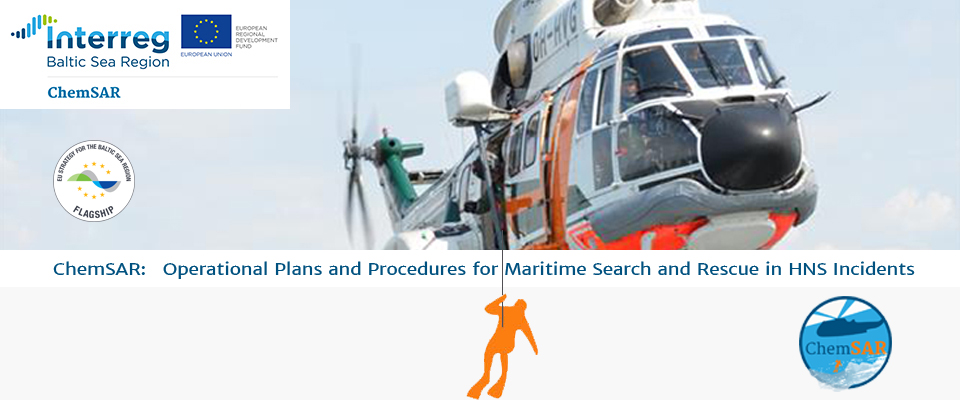
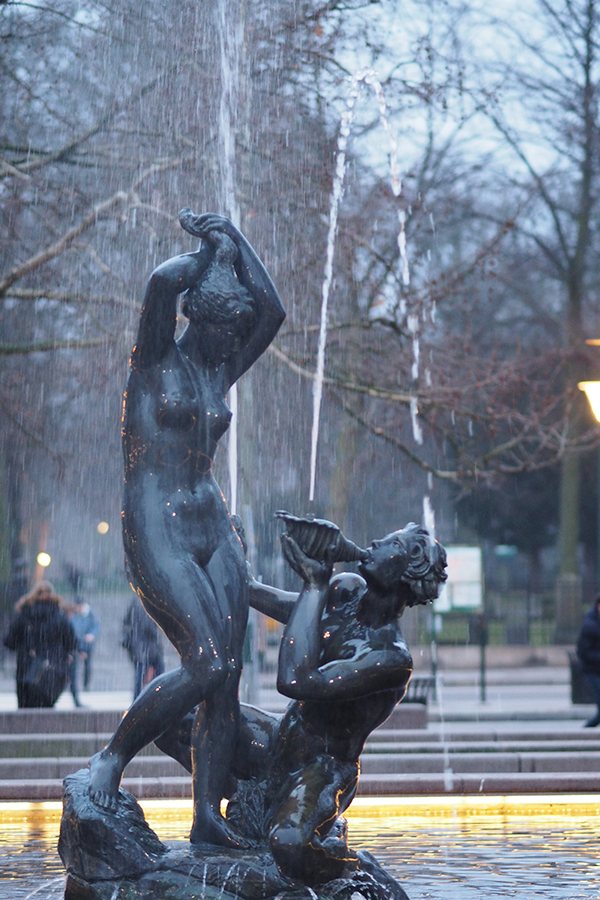
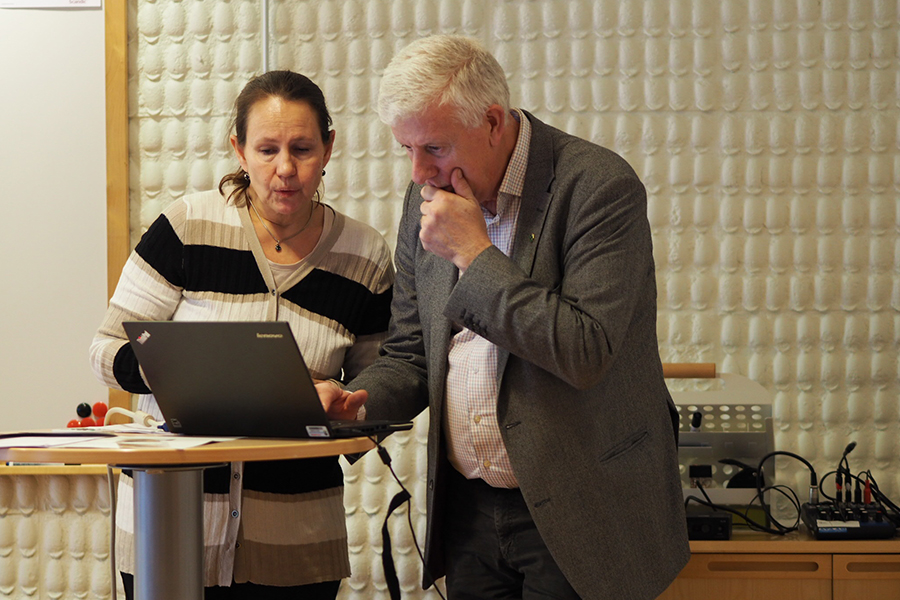


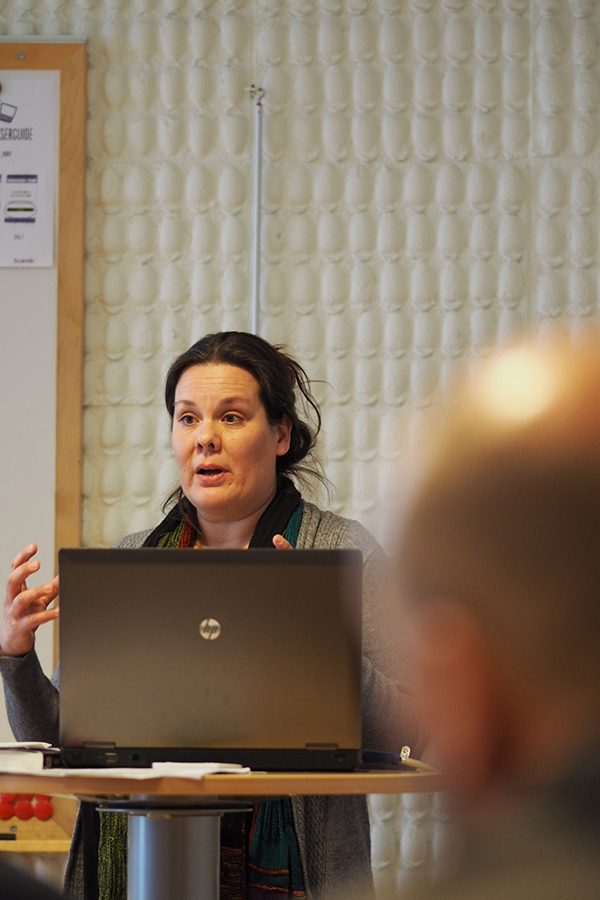
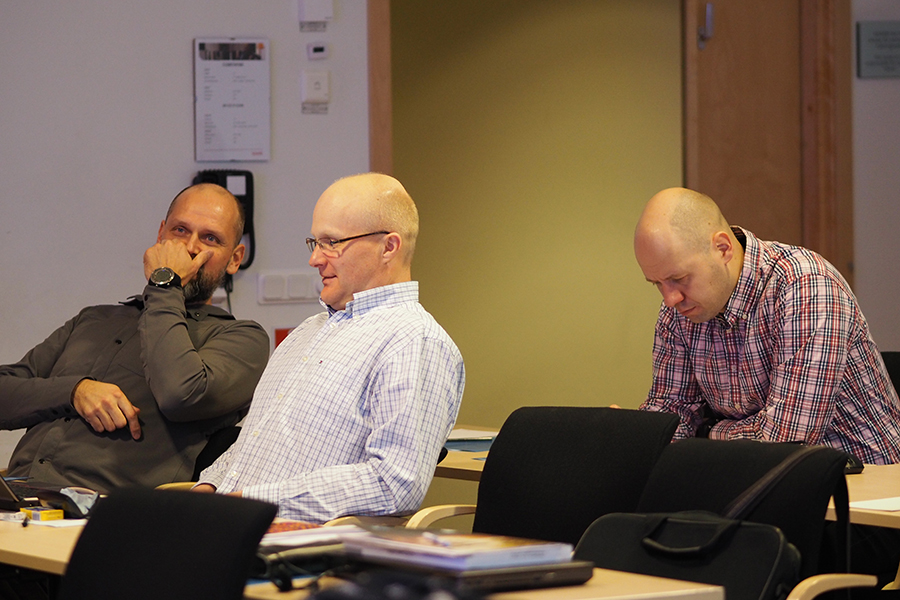
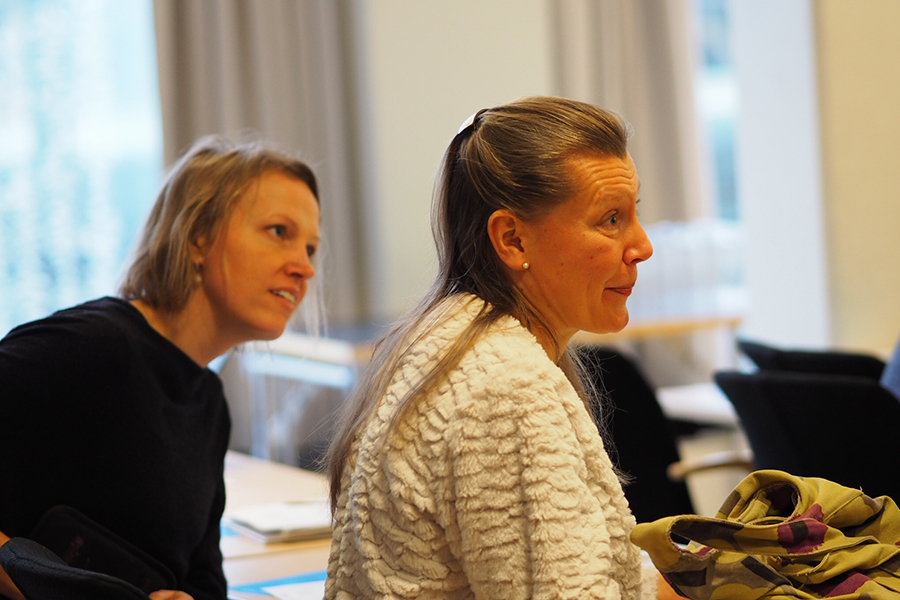
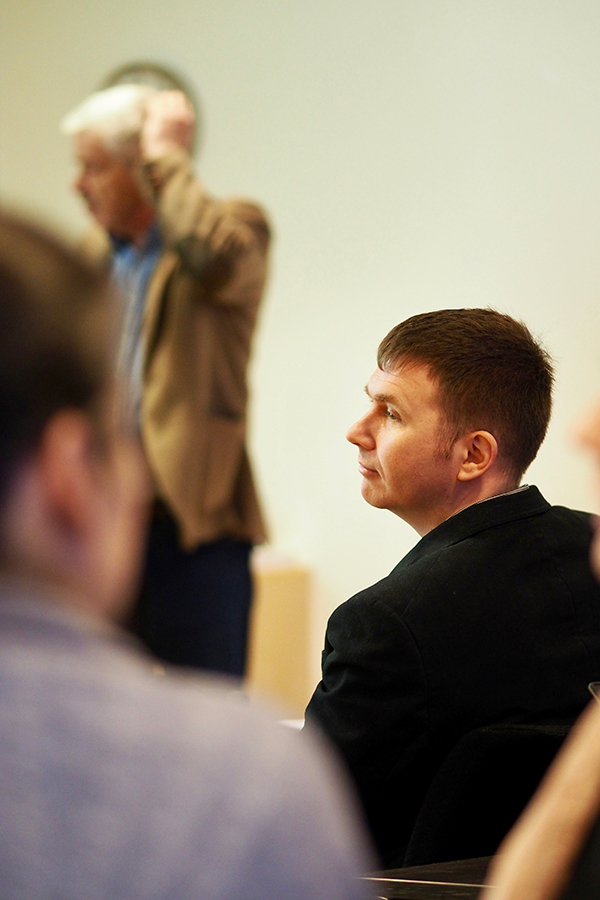


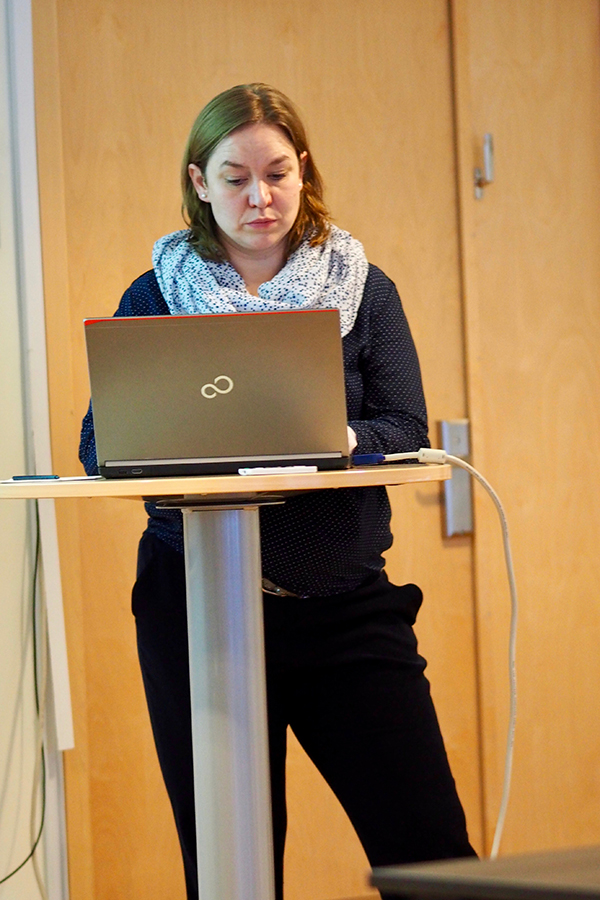

Leave a Reply